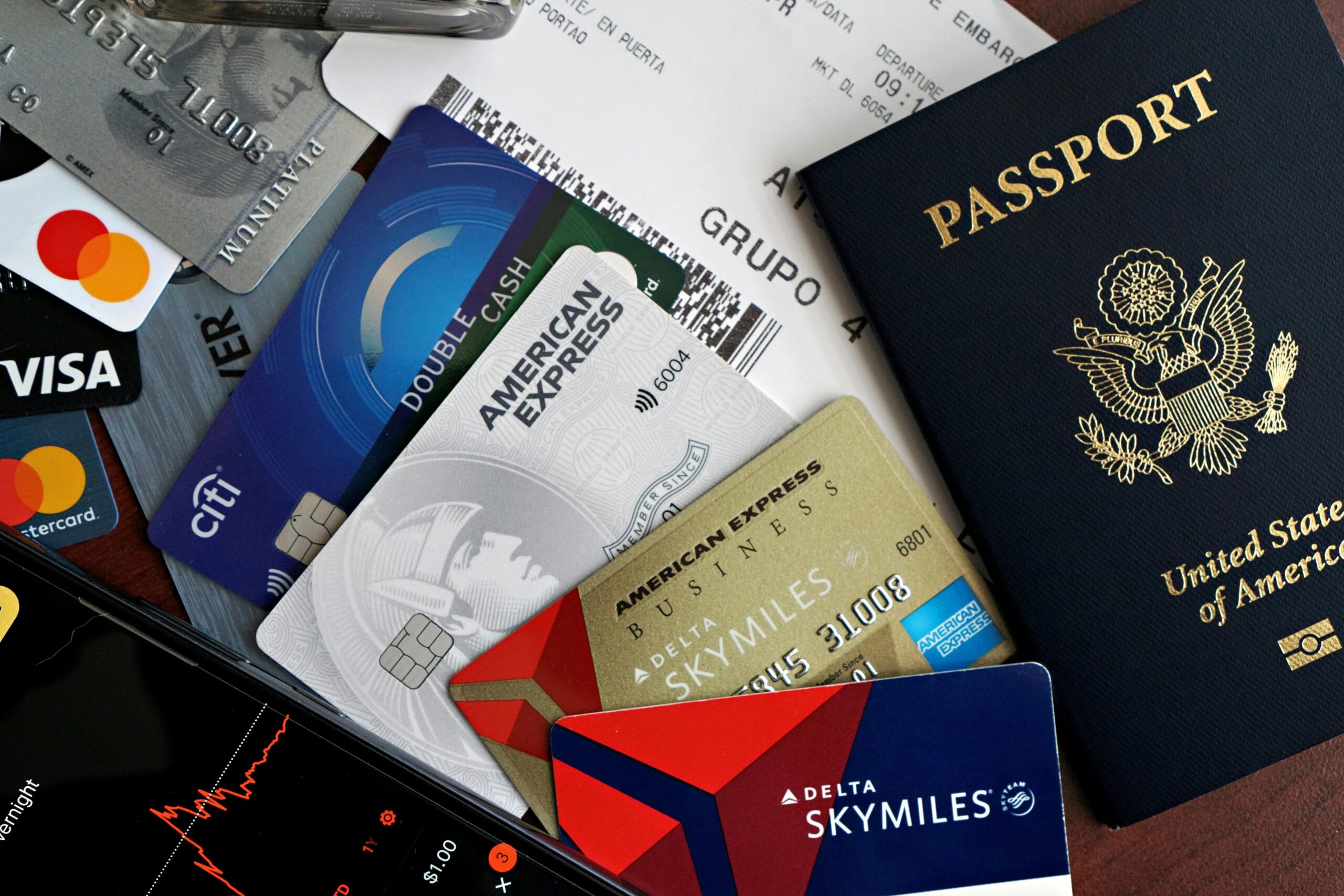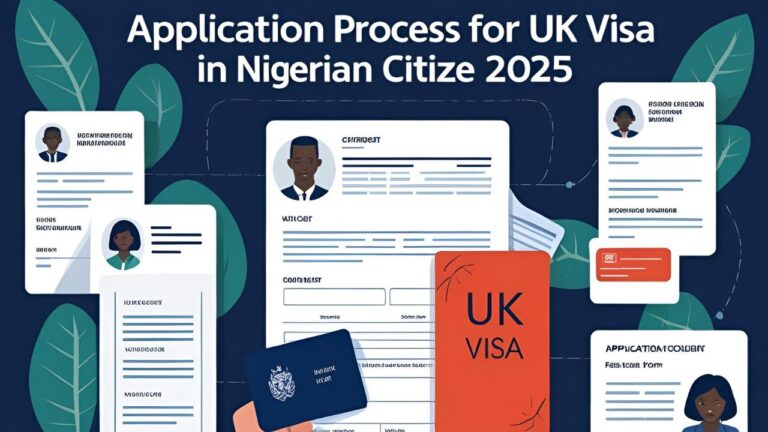If you’re searching “travelwise insurance” or trying to figure out if travel insurance is worth buying, here’s what you actually need to know without the sales pitch.
What Travel Insurance Actually Covers
Travel insurance isn’t one thing – it’s a bundle of protections that kick in when specific problems happen during your trip. Here’s what most standard policies cover.
Medical emergencies abroad: If you get sick or injured while traveling, travel insurance covers hospital bills, doctor visits, and emergency medical evacuation. This is the most important part. Your regular health insurance probably doesn’t work overseas, and a hospital stay in the US without insurance can cost tens of thousands of dollars.
Trip cancellation: If you have to cancel your trip before you leave due to covered reasons (serious illness, family emergency, natural disaster), the insurance reimburses your non-refundable costs like flights and hotels. Note the phrase “covered reasons” – more on that below.
Trip interruption: Similar to cancellation, but this covers you if something happens during your trip that forces you to cut it short and come home early.
Lost or delayed baggage: If the airline loses your luggage or it arrives days late, travel insurance reimburses you for essential items you need to buy and eventually for the lost belongings.
Travel delays: If your flight gets delayed for hours due to weather or mechanical issues, most policies reimburse you for meals and accommodation while you wait.
Emergency evacuation: If you’re traveling somewhere remote and need to be airlifted to a hospital or evacuated due to a natural disaster or political situation, this covers the cost (which can easily hit $50,000+).
24/7 emergency assistance: Most policies include a hotline you can call if something goes wrong abroad and you need help navigating local medical systems or rebooking travel.
What Travel Insurance Doesn’t Cover (Read This Carefully)
This is where people get burned. Travel insurance companies are very specific about what they won’t pay for:
Pre-existing medical conditions: If you have a health condition that existed before you bought the policy, it’s usually not covered unless you buy a specific waiver within a certain timeframe (often 14-21 days of booking your trip).
“Change of mind” cancellations: Decided you don’t want to go anymore? Not covered. Travel insurance only pays out for specific, documentable reasons like illness, injury, death in the family, jury duty, or natural disasters.
High-risk activities: Planning to go skydiving, bungee jumping, or scuba diving? Standard policies often exclude injuries from adventure sports unless you pay extra for an adventure sports rider.
Pandemics (sometimes): After COVID, many insurers added pandemic exclusions or limited coverage. Read the fine print carefully if you’re worried about another outbreak.
Alcohol or drug-related incidents: Get injured while drunk or high? Most policies won’t cover it.
Travel to high-risk countries: If your government has issued a “do not travel” warning for your destination, your policy might be void.
Expensive items: Jewelry, laptops, cameras – there are usually limits on how much they’ll reimburse for individual items. You might need separate coverage for expensive gear.
Known events: If a hurricane is already heading toward your destination when you book the trip, you can’t buy insurance and expect it to cover cancellation due to that hurricane.
When You Actually Need It vs When It’s Wasted Money
Buy travel insurance if:
- You’re traveling internationally (especially outside Europe if you’re European, or outside your home country if you’re from anywhere else)
- Your trip costs more than you can afford to lose (if losing $3,000 would be a financial disaster, buy insurance)
- You’re traveling somewhere with expensive healthcare (like the US)
- You’re traveling somewhere remote or with limited medical facilities
- You booked far in advance (more time = more things that can go wrong)
- You or someone in your immediate family has health issues
- You’re over 60 (higher medical risk)
- You’re doing any activities beyond basic tourism
Skip travel insurance if:
- You’re taking a short domestic trip in your own country
- Your credit card already includes comprehensive travel insurance (see below)
- You’re traveling within the EU and have a European Health Insurance Card
- The trip is cheap enough that losing the money wouldn’t hurt
- You’re healthy, young, and traveling somewhere with good healthcare
- Everything you booked is refundable anyway
Cost Breakdown by Trip Type
Travel insurance typically costs 4-10% of your total trip cost. Here’s what that looks like in practice:
Weekend domestic trip ($500 total cost): $20-50
- Not usually worth it unless you have health issues
One-week international beach vacation ($2,000 total cost): $80-200
- Worth considering if you’re going somewhere expensive or remote
Two-week Europe trip ($4,000 total cost): $160-400
- Strongly recommended for medical coverage alone
Month-long Asia trip ($3,000 total cost): $120-300
- Definitely worth it for medical emergencies and trip interruption
Cruise ($5,000 total cost): $200-500
- Highly recommended – cruises have strict cancellation policies and medical evacuation from a ship is extremely expensive
Prices go up if you’re older, have pre-existing conditions, or want higher coverage limits. A 70-year-old will pay 2-3x more than a 30-year-old for the same trip.
Standalone Travel Insurance vs Credit Card Insurance
Many premium credit cards include travel insurance as a perk. Before you buy a separate policy, check what your credit card covers.
Credit card insurance (typically):
- Covers trip cancellation/interruption if you paid for the trip with that card
- Includes lost baggage coverage
- Provides travel delay reimbursement
- Offers rental car collision damage waiver
- Usually has lower coverage limits than standalone policies
- Often excludes medical coverage or has very low limits
Standalone travel insurance:
- Higher medical coverage limits (often $50,000-500,000)
- More comprehensive trip cancellation reasons
- Better coverage for pre-existing conditions
- Emergency medical evacuation (often not included with cards)
- Can be customized to your specific needs
- Costs money upfront
The verdict: If you have a good travel credit card (like Chase Sapphire Reserve, Amex Platinum), it might cover basic trip cancellation and delays. But it probably won’t cover medical emergencies adequately. For international trips, you’ll likely want standalone insurance for the medical component at minimum.
How to File Claims
If something goes wrong and you need to file a claim, here’s the process:
- Document everything immediately: Take photos, keep receipts, get written statements from airlines/hotels, save medical records. The more documentation, the better.
- Report issues right away: Most policies require you to notify them within 24-48 hours of an incident. Don’t wait until you get home.
- Keep all receipts: If you have to buy emergency supplies due to delayed baggage or pay for a hotel during a delay, keep every receipt.
- Get a police report: If something was stolen, you’ll need an official police report to file a claim.
- Contact the insurance company: Most have 24/7 hotlines. Call them before making major decisions (like booking a new flight home).
- Submit your claim promptly: File within the timeframe specified in your policy (usually 20-30 days after returning home).
- Follow up: Claims can take 2-8 weeks to process. Stay on top of it and respond quickly to any requests for additional information.
Reality check: Filing claims can be frustrating. Insurance companies will look for reasons to deny claims. Your job is to make denial impossible by having perfect documentation.
Where to Buy Travel Insurance
You have several options:
Through your airline or booking site: Usually more expensive and less comprehensive. Not recommended.
Directly from insurance companies: Better coverage, but you’ll need to compare policies yourself. Companies like World Nomads, Allianz, and Travel Guard are popular.
Through comparison sites: Check options here to compare policies and prices across multiple providers. This lets you see what different companies offer and find the best fit for your specific trip.
Through your credit card: If you already have premium card coverage, you might not need additional insurance.
The Bottom Line
Travel insurance is worth buying if:
- Medical coverage alone justifies it for international trips
- Your trip costs enough that losing the money would hurt
- You want peace of mind
Travel insurance is probably a waste if
- You’re traveling domestically with refundable bookings
- Your credit card already covers you adequately
- The trip is cheap enough that self-insuring makes sense
Most importantly: Read the actual policy document before you buy. The marketing material tells you what’s covered. The policy document tells you what’s not covered. That’s what matters when you need to file a claim.
For most international trips over $1,000, spending 5-8% of your trip cost on insurance is reasonable. Just make sure you’re buying coverage that actually matches the risks of your specific trip.
Cheapest Hotels in Dubai 2025: How to Stay in Luxury for Less








